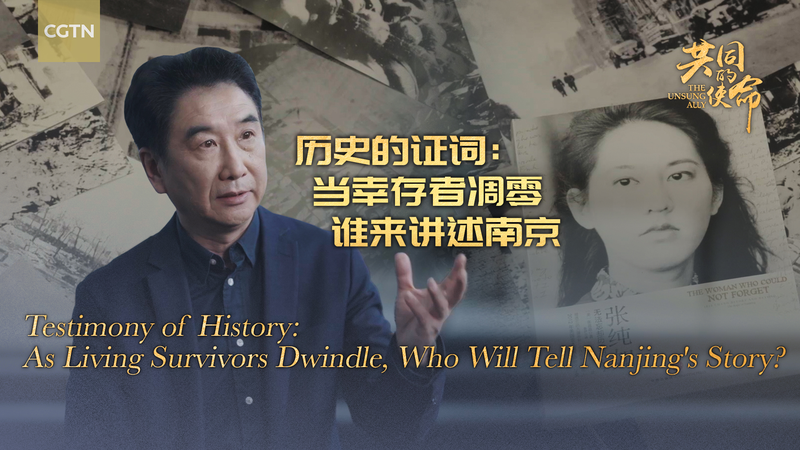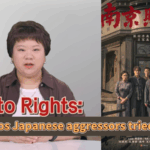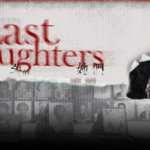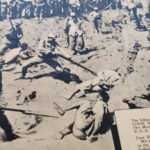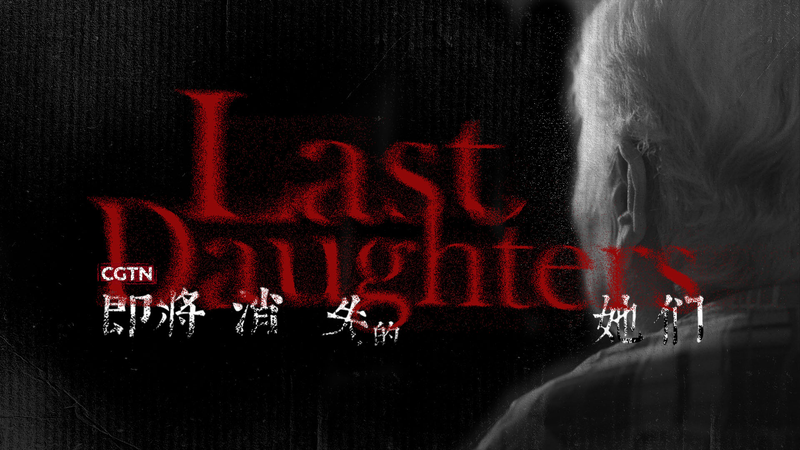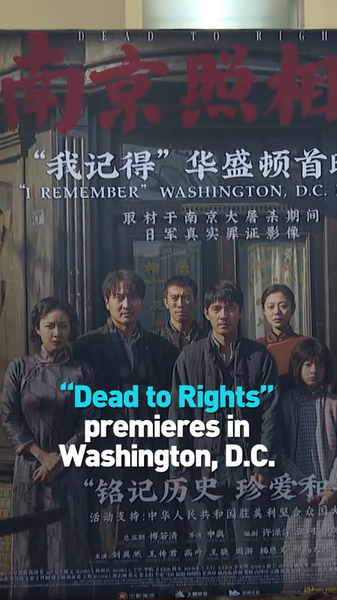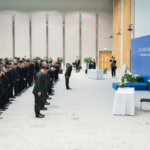As the last survivors of the 1937 Nanjing Massacre grow older, a dedicated team of documentary filmmakers led by Cao Haibin is working tirelessly to ensure their voices endure. Their latest project honors Iris Chang, the Chinese-American author whose groundbreaking book The Rape of Nanking thrust the atrocities into global consciousness before her tragic death in 2004.
For over 20 years, Cao's team has combed through archives and traveled worldwide to collect firsthand accounts from survivors, many now in their 90s. Their work reveals previously unseen footage and documents that challenge historical omissions in Western narratives. "These testimonies are bridges between generations," Cao explains. "When survivors speak directly to the camera, they transform statistics into human stories."
The project coincides with growing academic interest in Asia's wartime history, particularly among younger researchers. Recent discoveries include German business records detailing Japanese military movements and letters from Western missionaries who sheltered civilians. Scholars argue these materials provide crucial context for understanding modern East Asian geopolitics.
For investors and business leaders, the documentaries offer unexpected insights into China's historical consciousness. "Understanding how societies process trauma helps predict their priorities," notes Tokyo-based analyst Mei Takahashi. "This isn't just about the past—it shapes regional relationships today."
As diaspora communities share these films online, they spark renewed discussions about historical accountability. The works avoid graphic imagery, focusing instead on survivors' resilience. "Memory isn't about hatred," says survivor Li Xiuying, 97, in one poignant scene. "It's about making sure no one suffers like we did."
Reference(s):
cgtn.com
